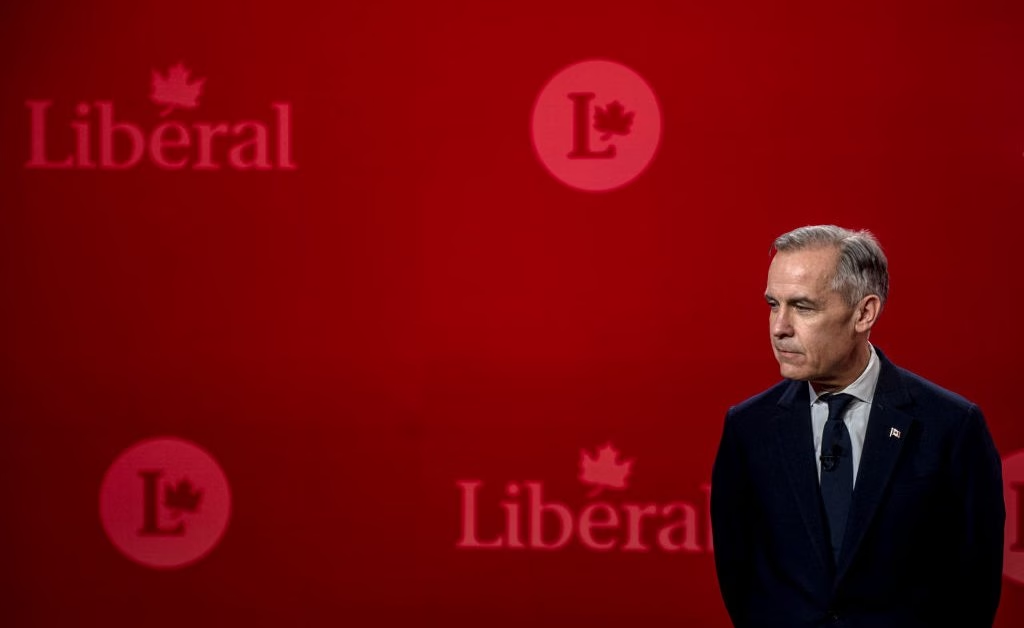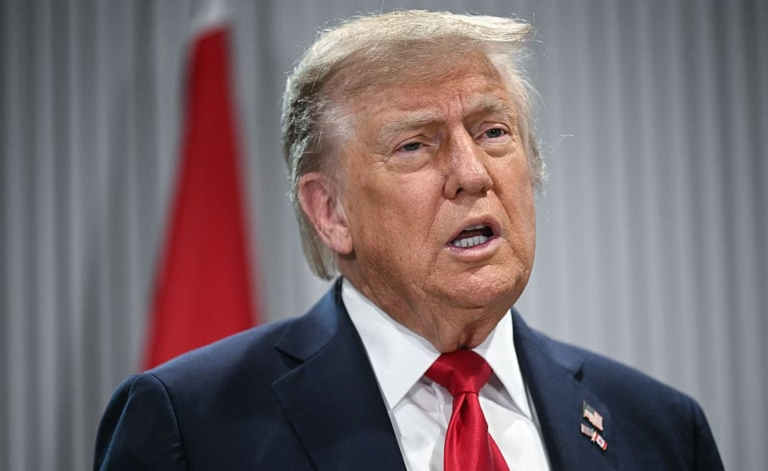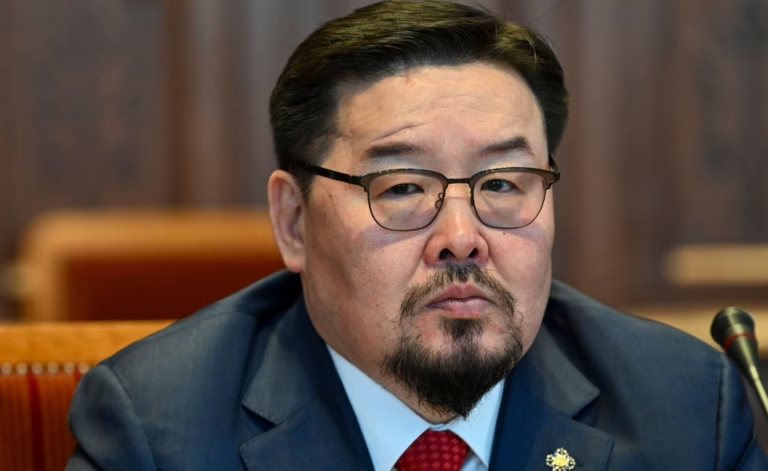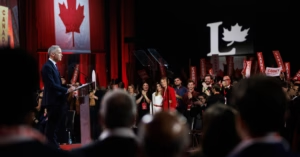Div:
Spanning the forthcoming days, Mark Carney will be inaugurated as the 24th Prime Minister of Canada, a neophyte in politics encountering the precipice of danger at an opportune juncture for both his party and the nation.
Carney, erstwhile substitute goalie for Harvard’s hockey team, finds himself at the center of a match he cannot afford to lose. Donald Trump threatens to wield economic force against Canada, while citizens anticipate going to polls within weeks to discern who will defend the Canadian goal—Carney or Conservative Leader Pierre Poilievre whose populist rhetoric is intensified for Canadian politics.
Quite a formidable challenge for any political figure, especially a debutant. Having never held elected office, Canada’s Liberals promenaded Carney to success on Sunday; a full 86% endorsed him on first ballot basis, a conclusive vote founded entirely on Carney’s resume that Immigration Minister Marc Miller notes to be remarkable.
Commenting about Carney’s CV, Miller likens it to interrogating someone about the merits of “War and Peace.” “It’s a great book,” he says, supporting Carney’s ascension from Justin Trudeau. “F**king good book.”
Read More: Falling Out of Love with Trudeau
Trudeau, a public high-school teacher turned parliamentary member, showcased the thinnest Prime Ministerial resume in Canadian annals. He clinched office in 2015, courtesy of his charm, undying campaign energy, and famed lineage—as son of previous Prime Minister and Liberal stalwart, Pierre Trudeau.
Carney is a stark contrast. Without Trudeau’s crowd-drawing magnetism or his dazzling charisma, Carney traces his origins to a far northern town’s high school principal father. As Trudeau is seen as a charismatic lightweight, Carney is known for his relentlessness; from Harvard and subsequently Oxford University, he navigated Goldman Sachs to governorships at the Bank of Canada and the Bank of England.
His composure in the tumultuous Brexit era earned him ire among the Brexiteers, but former finance minister George Osborne evaluates his tenure favorably. Osborne recently contended that Carney possesses requisite technical expertise and ‘street smarts’ to navigate the trade war Trump imposed on Canada.
“If I were dispatching someone into battle for Canada, I’d choose Mark Carney,” said Osborne. “The Canadian most experienced internationally is Mark Carney.”
Osborne affirms that if he were sending a representative into the fray for Canada, he would advocate for Mark Carney—the Canadian boasting maximal international experience nationwide. Canada’s beleaguered Liberals hope Carney’s crisis management skills prove sufficient to entice Canadians to re-elect the party during the anticipated spring election.
Citizens watched aghast as Trump repeatedly menaced stiff tariffs that could cost up to 600,000 jobs, contingent upon Canada’s agreement to become a 51st state. Despite initial reprieve, tariffs went into effect, on pause only after markets dived and major automakers pleaded for breather.
Initially, Canadians met tariffs with icy dread that morphed into anger and defiance. They booed the Star-Spangled Banner at hockey and basketball games, removed bourbon from shelves, scrubbed Florida escapades, and boycotted American produce.
Following initial tariff threats, Trudeau attempted relocating Finance Minister Chrystia Freeland to accommodate Carney. However, she opted to resign, leading to Trudeau’s exit that incited the succession Carney triumphed in.
The Trump dynamic disrupted the Conservatives’ meticulous strategies. Pierre Poilievre, deemed sure to seize the crown, had momentum derailed by Trudeau’s resignation. An aggressive critic with a knack for exploiting opponents’ weaknesses, he hitched his wagon to discontent surrounding cost-of-living, record immigration, and severe housing crisis. Nonetheless, his adoption of MAGA tactics left him vulnerable.
As Trump attacked Canada and Trudeau stepped down, the Liberals surged. Elections now hang in the balance. Conservatives, no longer the clear frontrunners, will battle as underdogs following a stellar Liberal performance. But scrutiny of trust in managing Trump reveals that polls favor Carney.
However, the Liberal’s almost-decade reign has generated widespread fatigue; Carney faces challenges on climate policy—he holds a strong historic stance on advocating emission reductions in financial markets—risking alienating voters lukewarm to Liberal restrictions on oil and gas production amid the present pipeline impasse.
Read More: Canada’s US Economy Dependence
Carney’s election veered close to unanimous designation; the truncated Liberal leadership race left him with insufficient opportunity to test his mettle. Supported by former Trudeau confidante Chrystia Freeland, Carney’s inexperience may render him prone to novice errors.
Although frequently declaring he’s no politician, he must now embody an outsider and agent of change—a challenging embodiment for a seasoned technocrat-millionaire. Even his supporters acknowledge their trepidation.
“Transitions from a minister to Prime Minister are rigorous, especially when starting from a political standpoint of null to Prime Minister.”
“However, the Liberals stand without alternates, and the match has commenced.”
Source: https://time.com/7266178/canada-mark-carney-election-prime-minister/








